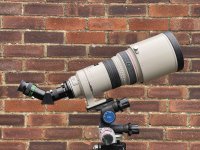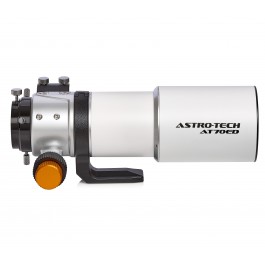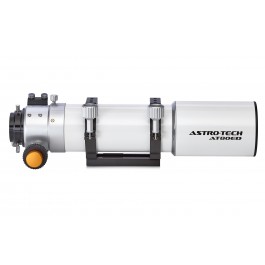So I am looking for a spotting scope $400 or less, new or used. My son wants a telescope for his birthday and I thought a spotting scope would be a good alternative.
What minimum magnification would I need to see the moon well? I would prefer an angled eyepiece. I looked at a Fujicon 25 x 60 but I am guessing that the eyepiece isn't powerful enough. I have also found a Celestron Trailside 100 which seems pretty good but I was hoping for something with nice clear glass. I also found some Nikon Fieldscope II A that seemed reasonable. I would prefer to spend mymoney on a good used piece than the same amount on something new of inferior quality. I received a Celestron 80 the other day and when I looked through it, it did not impress me,
I greatly appreciate your help!! Also time is of the essence, his birthday is in 10 days, I know.............
What minimum magnification would I need to see the moon well? I would prefer an angled eyepiece. I looked at a Fujicon 25 x 60 but I am guessing that the eyepiece isn't powerful enough. I have also found a Celestron Trailside 100 which seems pretty good but I was hoping for something with nice clear glass. I also found some Nikon Fieldscope II A that seemed reasonable. I would prefer to spend mymoney on a good used piece than the same amount on something new of inferior quality. I received a Celestron 80 the other day and when I looked through it, it did not impress me,
I greatly appreciate your help!! Also time is of the essence, his birthday is in 10 days, I know.............










